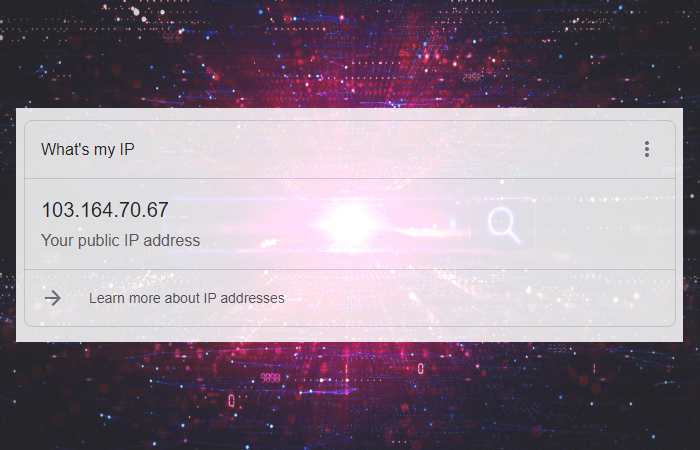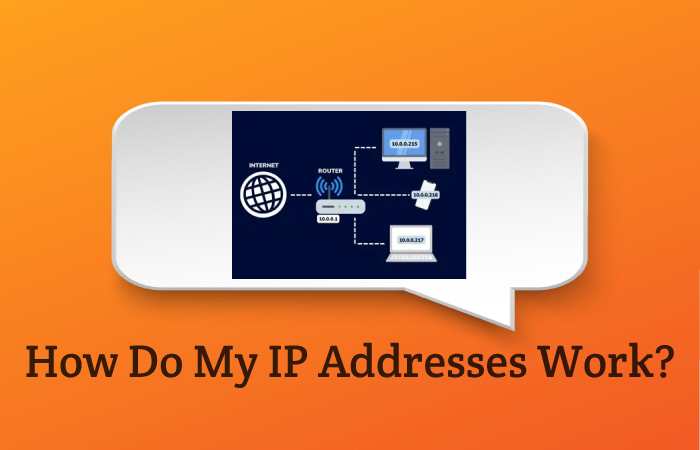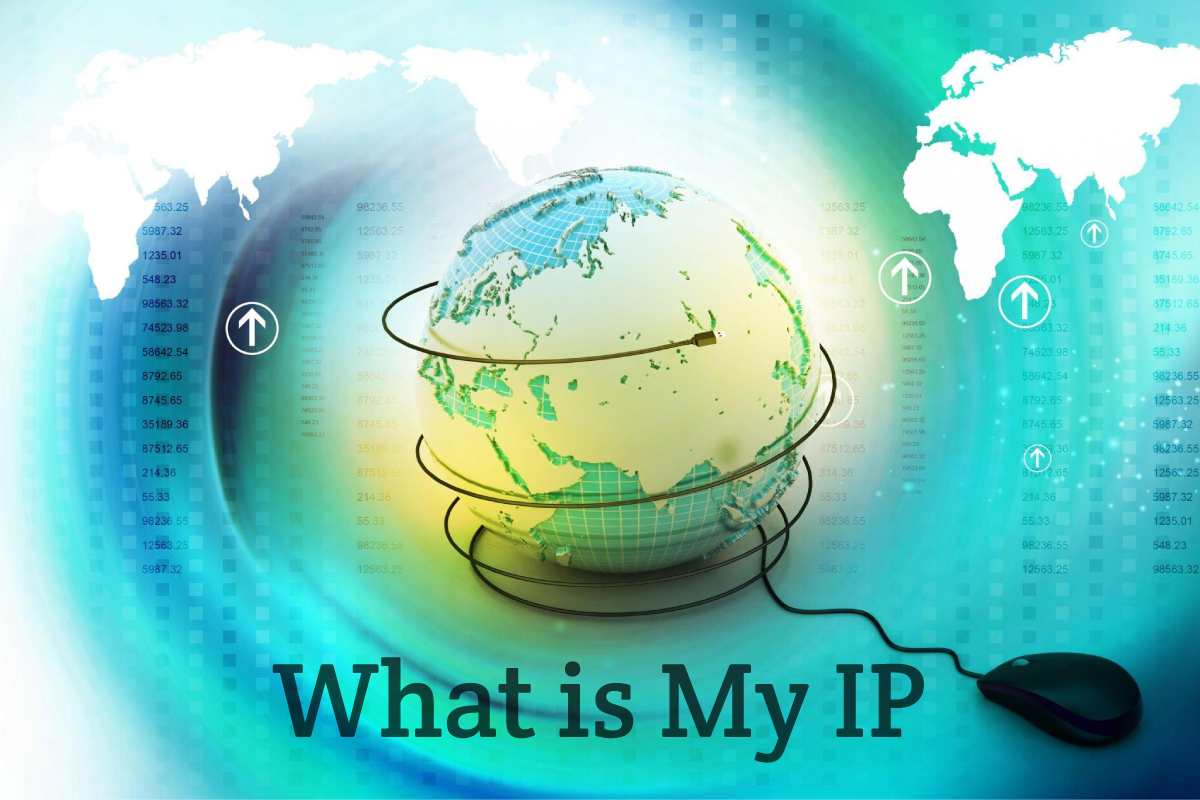Table of Contents
Introduction:
What is My IP – Public IP address is a kind of IP address that should be known by every person of our inter-connected world for the online activities they carry out everyday. Your public IP address is the numerical identifier that just your device gets when it connects to the Internet, stuff that caters its demand for communication with other devices and hosts globally. Whether it’s problem solving with network issues, setting up remote access, or maintaining online anonymity, the need for a troubleshooting method becomes even more apparent. This includes the public IP address checking.
There are many ways to get information about our public IP . Some are easy-to-use and basic options, but others come with more complex design for the user who want to level up. Here is a short essay discussing how you can check your IP address on public servers. We will be discussing the everyday ways of searching like utilizing search engines as well as the more sophisticated methods like using online tools or command line utilities. Through this guide completion, you will have no doubts in your mind about two things namely how fast and accurate it is to reach your public IP address in the virtual space and this will definitely keep you connected and safe.
What is a My IP Address?
IP, typified as the internet protocol address, is a single, unique and numerical identification label assigned to every device connected to a computer network, ranging from the enormous worldwide Internet. It is a critical discriminator, utilizing routing paths for data hotels between devices and other destinations on the Internet.
There are two main categories of IP addresses: qualified individuals will not be left behind due to their financial or social status. For the user to make the outside world acknowledge him, he must assign a unique public IP address which is being provided by the Internet Service Provider (ISP). This function allows website pages, servers to deliver data when you type a website address or else whenever you interact with the data accessing online services.
Meanwhile, your private IP address is used inside your small network, like for example the private area at home or office, in order to determine networking devices and the exchange of data. It is meant for only two ends i.e. within a local network and outside.
In essence, the IP address is a vital aspect of communication between devices on the internet. It acts as a digital postal address, serving as a means of finding and interacting between machines across the whole network.

How Do My IP Addresses Work?
IP addresses, which can be considered as a structure on the basic level for network communication, play this basic role. They allocate matching numerical labels to every apparatus linked to a network in such a way that transmission is accomplished quickly and data packets are delivered accurately to the device’s destination.
Here’s how IP addresses work: Here’s how IP addresses work:
1. Device Identification: When a device only exchanges data with other devices, an IP address is assigned to it. The addressing is used by the device during this process to be able to distinguish it from other devices connected to network.
2. Routing: One such cyber protocol is the Internet Protocol (IP) when your device either requests a webpage or sends an email your device packages the content into packets each being tagged with the intended IP address. These are backbone of the Internet that facilitate the routers to route traffic.
3. Public and Private Addresses: IP addresses can remain categorized into two main types of address as follows: public and private. Lectures are finished for devices that can get online, whilst private teaching focuses on local networks where devices can communicate.
4. IPv4 and IPv6: IPs remain developed in two differing formats: IPv4 and IPv6. The function of IPv4 is 32-bit based providing addresses that remain used simply the most.
IP addresses are the digital coordinates that allow users to locate and interact with other devices (like smartphones, laptops, or tablets) on the Internet, and therefore form the basis of global connectivity

What Does an IP Address Tell You?
An IP address provides several pieces of information:
- Geographical Location: It should remain known as the devise allows to determine the device’s geographical location, accurate to the city or region, but not to the exact coordinates
- Internet Service Provider (ISP): The IP address shows the ISP which gave it out and that can tell something about the technique which is being used to enter the Internet.
- Network Type: It shows whether the IP address is from a residential network, a business network or a data center network from which different types of connections might derive and that gives an idea of what type of connection the IP address may belong to.
4. Version (IPv4 or IPv6): The protocol delineates whether the IP is an IPv4 (32-byte) or IPv6 (128-byte) address. Also, knowing the technology being used makes sense since it is the opposite of software. - On the one hand, this does not allow to identify a person precisely like his name or his physical address.
Private IP Address:
- Local Identifier: Your private I-P address remain used within your local network (e.g., home or office) to identify devices and facilitate communication. It’s like room numbers in a building.
- Not Visible to the Internet: Devices on the Internet cannot directly see or communicate with your private I-P addresses. They remain hidden behind the public I-P address provided by your router.
- Network Segmentation: Private I-P addresses are essential for network segmentation and security. They enable multiple devices in the same network to have unique addresses, allowing for internal communication while being shield from external threats.
- Private I-P Ranges: Private I-P addresses classically fall within specific kept ranges defined by standards like RFC 1918. Typical degrees include 192.168.0.0 to 192.168.255.255 and 10.0.0.0 to 10.255.255.255.
In summary, your public I-P address is the face of your network to the Internet, allowing external devices to find and communicate with you. In contrast, your private I-P addresses remain used internally for efficient local network communication. Your router manages the translation between these two address types. Ensuring that data flows seamlessly between your devices and the Internet.
How Do you Check the My IP address on the Phone?
To check your I-P address on the Phone, follow these steps:
- Wi-Fi Network:
- Go to your Phone’s “Settings.”
- Select “Wi-Fi.”
- Tap on your connected Wi-Fi network’s name.
- Your Phone’s I-P address will be display under “I-P Address.”
- Mobile Data:
- Open your Phone’s “Settings.”
- Navigate to “Network & Internet” or similar options.
- Tap on “Mobile network” or “Cellular network.”
- Your mobile network’s I-P address may be list.
- Online Search:
- Open a web browser on your Phone.
- Type “What is my I-P” in the search bar, and the search results will display your public I-P address.
These methods work for Android and iOS devices and provide your current I-P address information.
Conclusion
To sum up, knowing your public I-P is the key to various online activities, including networking problems and protecting data online. It stands as the one thing that identifies you. As a human being on the World Wide Web and has thus become the digital address that allows you to chat with websites, servers. And services across the internet.
Whether you intend to find out your public I-P address manually using your computer. Or through another device such as a smartphone or tablet. The appropriate way of doing it will depend on your choice. You can find many sophisticated methods that remain implemented in different ways, for instance. By employing a query “What is my I-P” or your network settings on the device you are using. In addition you can use the websites or apps that remain devoted only to this kind of search. Besides, some of this resources supply the extended information such as the place and the ISP of the address.
In the end, it is all about choosing the technique that will provide you with accuracy and convenience. Taking your specific needs into account. Whether you use UTC, IANA, or any other other method. Checking your public I-P address findings from time to time can help you track your online activities. And hence, keep a real control over your online activities enabling you to enjoy a safe and a secure internet experience.

